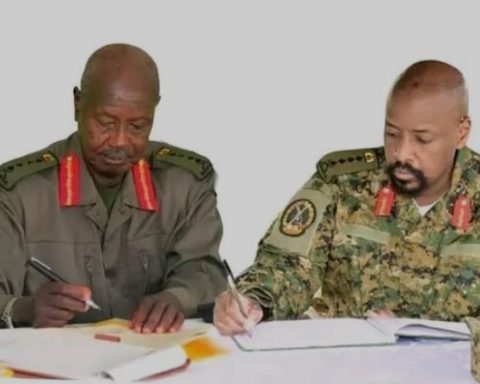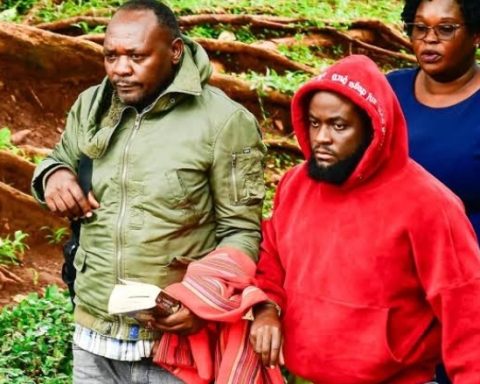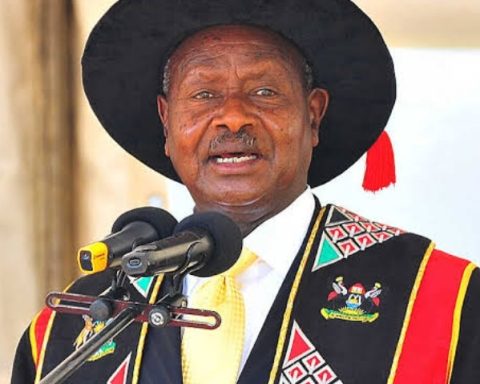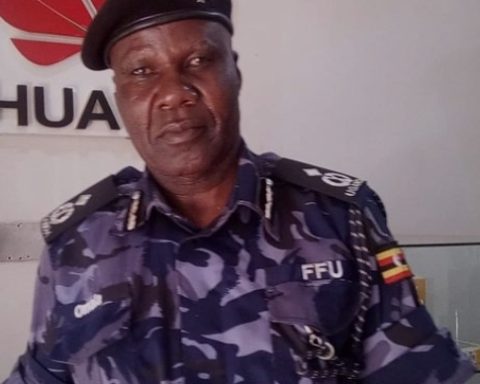The Uganda Law Society (ULS) President, Isaac Ssemakadde, has strongly criticized President Yoweri Museveni’s recent directive to ban police bond and bail for individuals accused of embezzling funds from the Parish Development Model (PDM) and Emyooga initiatives. Ssemakadde labeled the move unconstitutional and a regressive step reminiscent of colonial-era repression.
In a powerful statement, the ULS highlighted that Museveni’s directive contradicts Articles 23, 28(3)(a), and 99 of the Constitution, which protect individual rights to liberty and fair trial. Referring to the accused as “village thieves,” the president’s directive has sparked widespread concern among legal professionals and civil society groups.
“Police jail stints and prison congestion are hallmarks of colonial trauma we are committed to ending,” Ssemakadde remarked. “The Radical New Bar will not stand idly by while our justice system perpetuates these injustices.”
The ULS vowed to hold errant police officers and prosecutors accountable under the Human Rights (Enforcement) Act, particularly citing Sections 10, 11, 12, 14, and 15. Ssemakadde further urged the Director of Public Prosecutions (DPP) to ensure thorough investigations before making arrests, promoting fair, efficient, and just prosecutions.
The ULS president emphasized the need to dismantle the “police-to-prison pipeline,” which disproportionately affects the poor, civil society activists, and opposition politicians. He called for a transformative justice system rooted in equality and human rights, urging stakeholders to prioritize justice over political expediency.
“This New Law Year presents an opportunity to break away from the oppressive systems of the past,” Ssemakadde asserted. “We owe it to ourselves and future generations to build a justice system that truly serves the people.”
The ULS’s stance has received widespread support from human rights organizations and legal practitioners, who view the directive as a threat to fundamental freedoms and a dangerous precedent for Uganda’s justice system.
As the debate intensifies, all eyes remain on the government’s next steps and the DPP’s response to growing demands for judicial integrity and accountability.
![]()



























